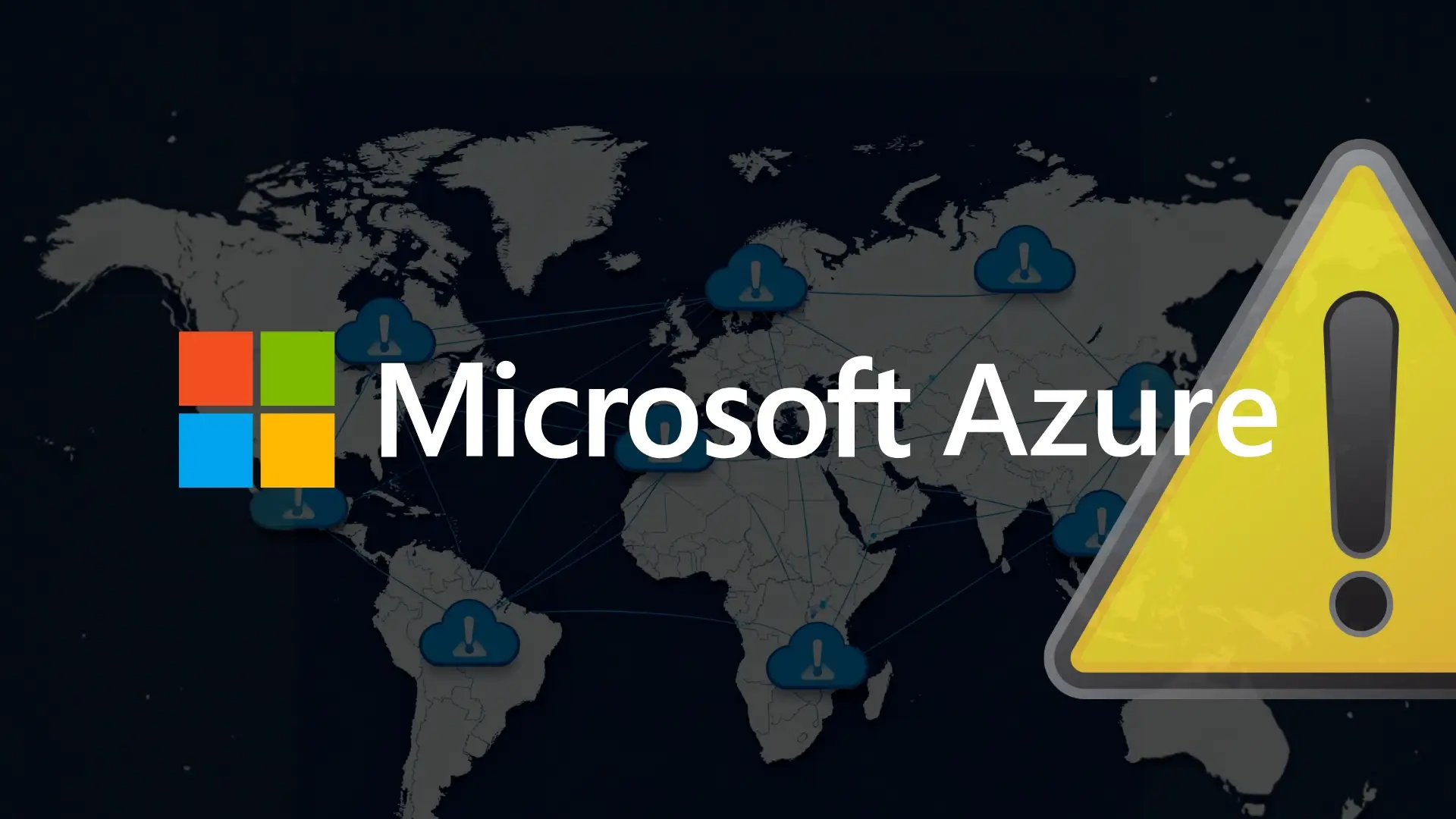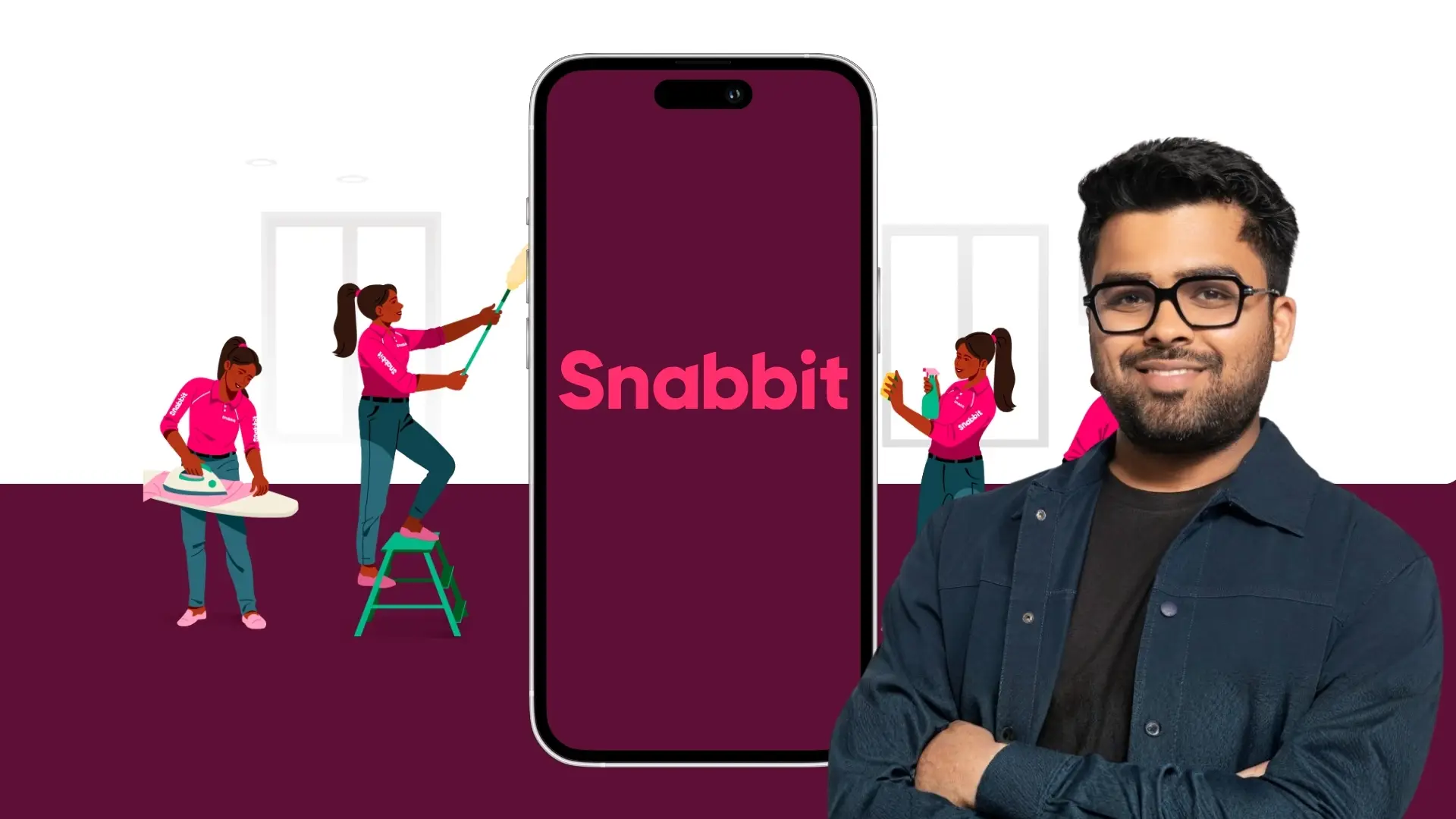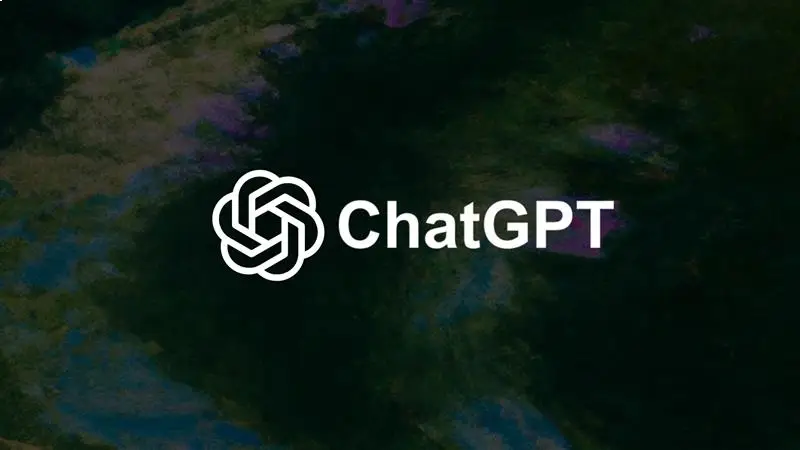Every year lakhs of students from India go to foreign countries. Everyone starts the journey with a hope of success. They go for education by sacrificing a lot of things in India and go to a country where they don’t have anything except the hope of success. Imagine you are a student who is from India and flew to the USA for education. You know most of the initial problems you might face are getting a phone plan to renting an apartment. Building credit in the US is crucial for future financial stability. But the very simple question. In the US you might not get a credit card easily. Why? Because you don’t have something you never knew you needed, a U.S. credit history.
The United States is a credit-based economy. Everything from renting an apartment to getting a car, or even a job in some cases, depends on your credit score. Though you might be from a well-off family and have millions, you might not get the card easily. This problem is not rare, and it affects millions of students and immigrants every year. This issue is not limited to India; it affects people across the world. This is where a startup was born to solve this major problem for millions.
The startup we are referring to is Zolve. Zolve was founded by Raghunandan. But you know, before he started this, a simple yet game-changing story happened. After selling TaxiForSure, Raghunandan G found himself missing the excitement of building something meaningful. While traveling between India and the U.S., he often met Indian immigrants who had moved abroad to study or work. One evening over dinner in the U.S., he observed something: everyone paid in cash. When he asked why, they said they couldn’t get credit cards because they didn’t have a U.S. credit history. These were successful people like founders, professionals, top students but in the eyes of the American financial system, they didn’t exist.
This is where he understood the problem. Despite having great credit in India, they had to start from zero in the U.S. No credit cards, no easy bank accounts, and trouble in renting houses or getting phone plans. Even though credit bureaus like Experian and Equifax operated in both countries, they didn’t share data across borders. Raghunandan saw a broken system. And he decided to fix it.
That’s how Zolve was born as a neobank that lets people carry their financial identity across countries. Before even landing in the U.S., a user in India can open a U.S. bank account and get a credit card, all based on their Indian financial history. What started with India and the U.S. is now growing globally.
Now you might be wondering, how big is the problem, right? The growth of Zolve shows it clearly. The company was launched in 2021, and since then, Zolve has grown rapidly and reached over 750,000 customers, and it has facilitated over $1.2 billion in money movement. Now the company is expanding into Canada, followed by the UK and Australia.
When a startup solves a real problem, the world will definitely notice and support you. When you are working to solve a problem, even investors come and support you in your journey. And that’s what happened in the case of Zolve as well.
Within just a few months of launching, Zolve raised $15 million in seed funding from marquee investors like Accel, Lightspeed, and Blume Ventures. Soon after that, Zolve bagged another $40 million in Series A funding, making it one of the largest Series A rounds for a cross-border fintech startup from India. Investors like DST Global Partners and Tiger Global joined in, validating the company’s growth and potential.
Recently the company even raised $251 million in a mix of both equity and debt. An interesting point is that in this round even HSBC joined. HSBC joining hands with Zolve is a big push. This is a big deal because it shows that even large, traditional banks believe in what Zolve is doing. HSBC’s support means more than just money, and it gives Zolve access to global banking knowledge, trust, and tools to grow faster. With this partnership, Zolve can reach more countries and help even more people move across borders without financial stress. It’s a strong sign that Zolve is on the right path.
In 2023, Zolve earned $13.9 million in revenue, showing steady growth as more people around the world started using its services. This growth highlights how Zolve is becoming a trusted financial solution for students and immigrants across borders.
One of the biggest hurdles is building trust with users in a highly regulated and sensitive space like finance. Convincing banks, regulators, and users across different countries is very hard. As it is dealing with cross-border financial data, compliance and security are major concerns. Also, scaling operations in multiple countries requires deep local understanding and strong partnerships. But despite all of these challenges, the company is continuing to solve the real-world problems.
Also Read: Amazon acquires AI wearables startup Bee








